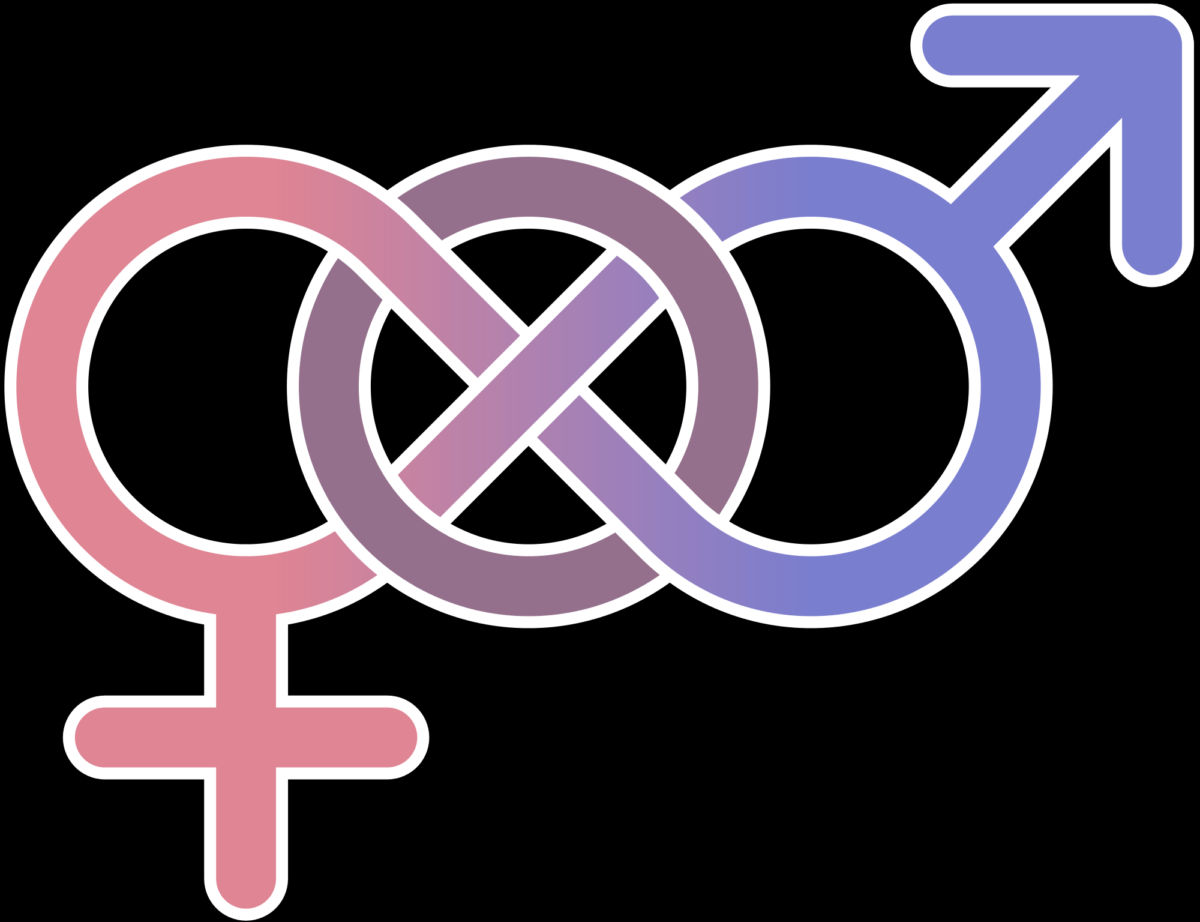When we were revising the handbook last summer, we decided to use the singular they. Although this may seem like a small thing, I think/I hope it had a big impact on readers. The change didn’t get much attention at the time, so I’m hoping to celebrate it a bit with this blog post.
The situation is that the English language doesn’t have a gender-neutral pronoun for singular antecedents. So, writers typically have to refer to people using constructions like “he or she,” “s/he, “s(he).” An issue with these is that they’re still working within the male female dichotomy, and many people don’t have gender identities that fall within this dichotomy.
This is where the singular they comes in. Although some old-school editors may say it’s grammatically incorrect, by using they as a singular pronoun, we can respect and include the experiences of nonbinary people (to an extent) in our writing. (If you want more information, check out this article from The Wall Street Journal about using they as a singular pronoun!)
As an organization that’s all about writing and about exploring and promoting the powerful work that writing can do, I think it says a lot to the rest of the DePaul community that we’ve adopted the singular they.
Like I initially said, a pronoun switch may not seem like much, but I think it’s a significant step in welcoming and support all writers.


One reply on “Grammar and Gender”
Hey Ted,
This article was short and sweet. When I read the handbook, I noticed the use of the singular they, and I really appreciated it because it shows that we don’t try to define writers by their gender and accept all gender identities. And I don’t get why singular they hasn’t been accepted yet. It’s clearly the answer to this long-existing problem for a gender-neutral pronoun.
-Maggie C.